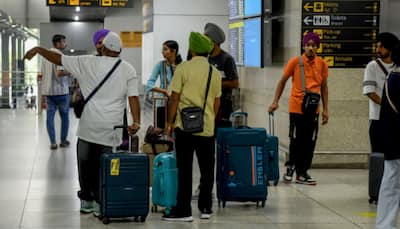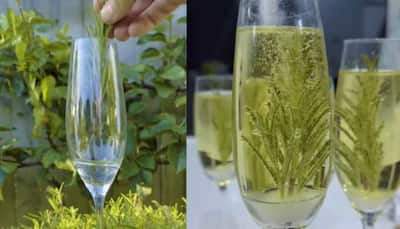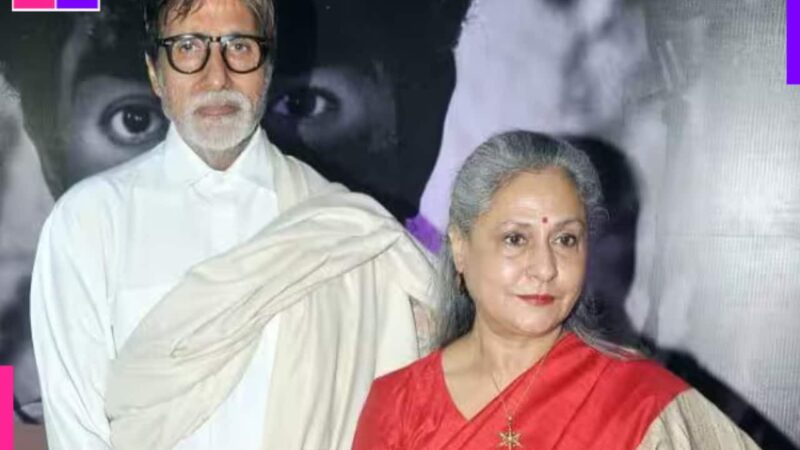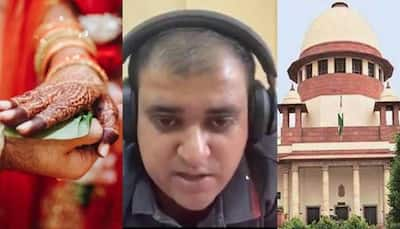Atul Subhash, a 34-year-old tech professional, tragically took his own life on Monday in Bengaluru, citing harassment by his estranged wife and her family. Authorities have filed an abetment to suicide case against his wife, Nikita Singhania, along with her parents, Nisha and Anurag, and her uncle, Sushil. The tragic incident has led to wide outrage on social media and within the legal fraternity with senior advocates raising their voices against the misuse of the anti-dowry law.
Reacting to the issue, Nishant Kr. Srivastava, Advocate-on-Record (AOR) in Supreme Court, Founder & Managing Partner, Actus Legal Associates & Advocates, said that the law has been misused in some cases while the long tedious process till justice has become a punishment in itself.
He said that Atul Subhash’s suicide is an outcome of systematic biases which our legal system has in favour of the complainant’s wives and against the accused husbands and their families. “People approach Courts with the fond hope that at least they will get a fair hearing and justice in the Courts, which do not discriminate at all, especially on the basis of the sex or gender of the complainant or the accused. But when, because of cultural and social biases (gender biases) the society carries and which considers that women are always the victims while the husbands and their relatives are always the oppressors, they get the rudest shock of their lives,” he said.
The Supreme Court lawyers said that while women usually get sufficient support from their family members and relatives, the same is scarce for men. “When the men find that many of the provisions of laws are highly twisted in favour of the women, at least in application, they feel let down by their own laws and legal system. This I think makes heartbroken people like Late Atul Subhash take an extreme step,” he said.
Advocate Srivastava said that the Supreme Court’s verdict in the ‘Arnesh Kumar vs State of Bihar’ case has successfully minimised the misuse of the arresting provisions in 498A/ 406/ 34 IPC cases, yet the mental stress of being victimised by the estranged wife and her family members is distressing enough for an accused husband and his family. “Before the Arnesh case verdict, police officials used to arrest the husband and almost every relative and family member named by the wife in a 498A/406 IPC complaint to the police,” he said.
Highlighting the tedious judicial process, Advocate Srivastava said that the gruelling, long and slow-moving courts and delayed justice dispensation, combined with societal biases, which are more pronounced in non-metropolitan areas, make the whole process of litigation/ trial a punishment in itself. “I won’t say that it is impossible for men to get justice in such cases, but the process to get the same is in itself not less than a punishment. Many a time, false allegations are levelled by the wife and her family members against the husband and his old parents, who are also made to appear before the courts as accused on every date, which adds salt to the injury,” he added.
The Supreme Court advocate said that it is not the law which is to blame, but the delay, the harassment and the biases the families of the men have to face, compels them to compromise and settle at the terms dictated by the ladies/ wives and their families- which generally is demand for paying a huge amount of alimony. “If our courts were dispensing justice quickly, I am sure the surge in false cases, which we find these days, would have been arrested and this situation would have never arisen in the first place,” he opined.
Advocate Srivastava said that some of the laws, which have been categorises as social welfare legislation and especially enacted for the welfare of women, have inherent biases. “The fact that there is no proof or evidence as most of the allegations in matrimonial disputes raised by wives, are about some incidents which have happened within the four walls of the home, and the statement/ allegation of a woman/wife is kept at a higher pedestal than that of a man/husband. This when seen in the background of inordinate delays in courts, makes these welfare-aimed legislations, a potent weapon in the hands of an unscrupulous wife,” he said.
The Supreme Court lawyer added that it is high time that sensitisation of the society, police and the judiciary alike be taken up as the top priority before taking about legal reforms. “Had Atul Shubhash got the sympathy or let me say ‘objective treatment’ by the system, at the forefront of which is the police and the lower level judiciary, he would have never taken this extreme step. The more pragmatic and meaningful thing to do, I think, is to sensitise the people, the whole system involved in the dispensation of justice in the short run and make laws gender-neutral in the long run,” said Advocate Srivastava.
When asked whether India should have a National Commission for Men just like the National Commission for Women, Advocate Srivastava responded negatively. “I do not think that just like the National Commission for Women (NCW), there should be a Commission for Men. The reason is that being created for a purpose, the Commission will be a biased entity and would do all it can, to justify its existence and perpetuation, which may include raising biased issues. I must not be understood to say that the NCW is doing such things, but at the same time, the NCW is also under pressure to justify its existence in the first place,” Advocate Srivastava explained.
(Discussions on suicides can be triggering for some. But suicides are preventable. If you are looking for help, some suicide prevention helpline numbers in India are 011-40769002 from Sanjivini (Delhi-based, 10 am – 5.30 pm) and 044-24640050 from Sneha Foundation (Chennai-based, 8 am – 10 pm), +91 9999666555 from Vandrevala Foundation (Mumbai-based, 24×7).
Stay informed on all the , real-time updates, and follow all the important headlines in and on Zee News.







